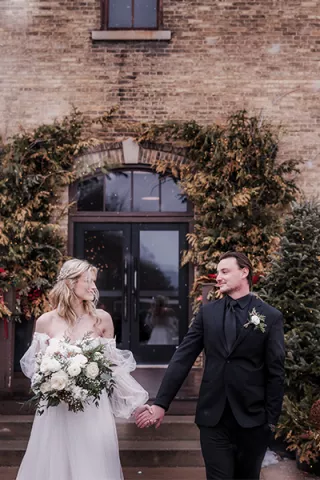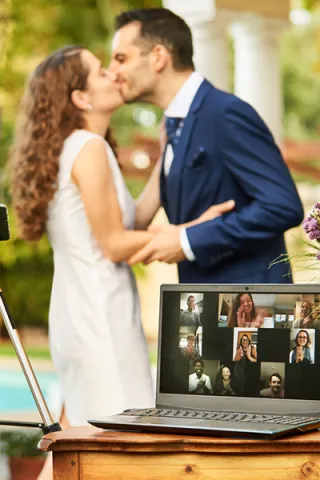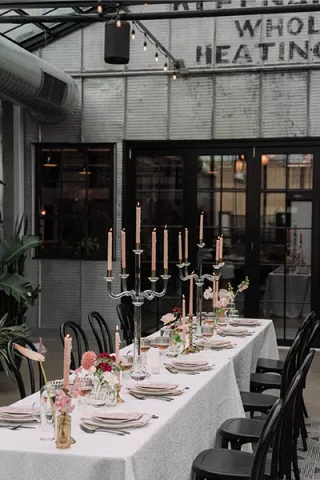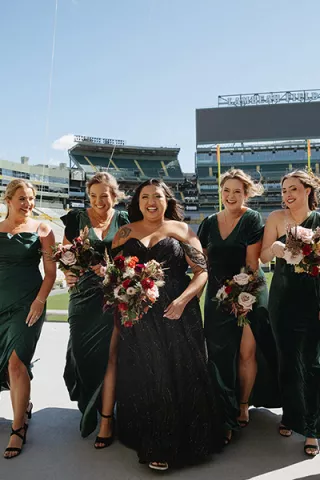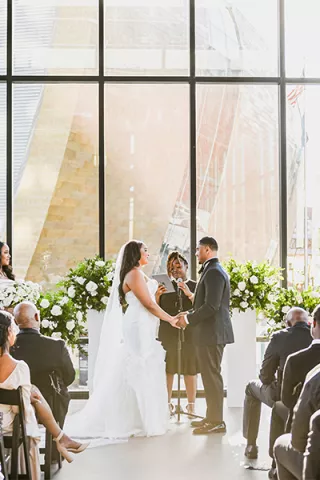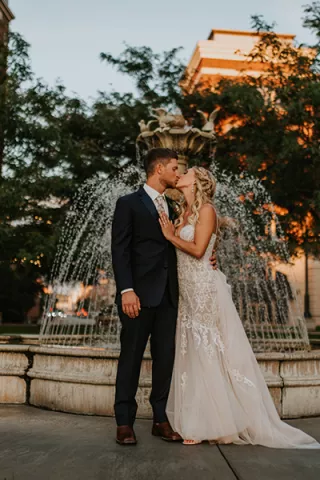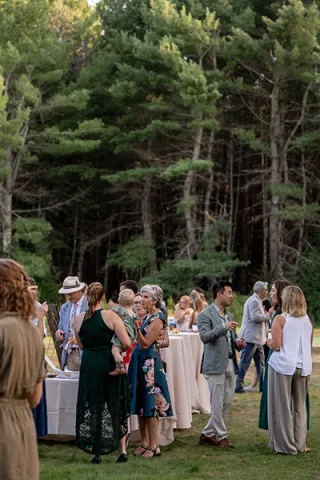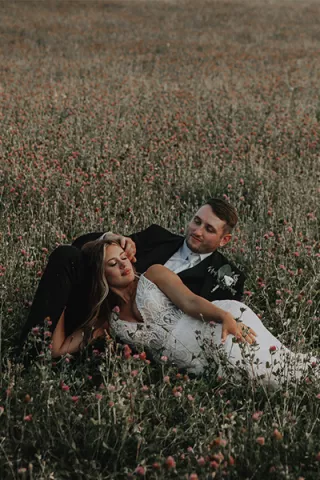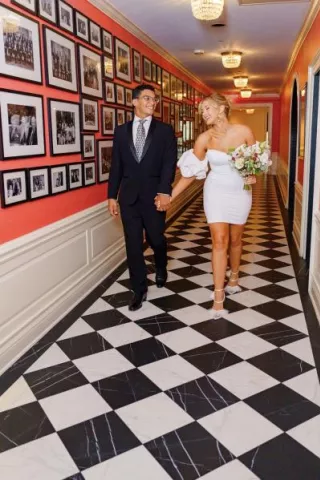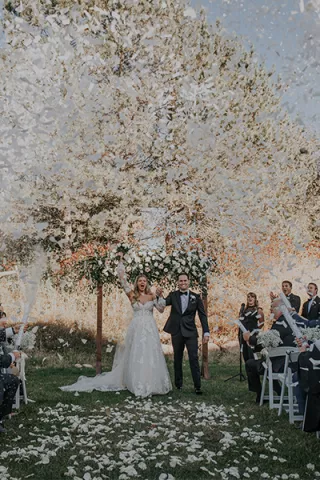This article courtesy of Avvo NakedLaw blog
“By the power vested in me, I now pronounce you …”
Have you ever wondered what that means, what the power is, and who exactly has done the vesting?
These aren’t just pretty words, but legal ones. Only certain people are legally recognized to perform a wedding ceremony and make a marriage legal. And to make it trickier, requirements change from state to state and even from county to county. Read on to learn the basics about how to make sure your “I do” is legal.
Judges, ministers and more
For nonreligious ceremonies, justices of the peace, court clerks and active and retired judges may officiate the marriage. Certain states, like South Carolina and Maine, also accept notaries public as officiants.
For religious ceremonies, members of the clergy like priests, ministers or rabbis, et cetera, may officiate a marriage. They may need to register with the county in which the wedding will take place, especially if it’s out of state. Shamans, medicine men and other leaders may be able to perform religious marriages in Native American communities.
Contrary to popular belief, boat captains are not able to perform a legal wedding ceremony just by virtue of being a captain. They must be given the authority in some other way.
Ordained by the Internet
If you want a friend or relative to officiate your wedding but they are not already a member of the clergy or an accepted public official, never fear. There are options.
Some states grant authority to perform a wedding ceremony to any adult. These states include California, which will deputize someone for a day, and Massachusetts, which grants permission through the governor.
And the large majority of states recognize people who have been ordained by a religious group on the Internet to perform a ceremony. Many nondenominational and interfaith groups, like the Universal Life Church or American Fellowship Church, will ordain officiants online and send credentials immediately. Some groups require a fee, and some not; some require extensive paperwork, while others just a simple application.
A small number of states may not recognize marriages performed by ministers from such groups. But someone who is ordained in a state that doesn’t recognize such marriages may still perform marriages in a state that does recognize them.
Before your chosen officiant goes through becoming ordained online, check with the county clerk of the county where the wedding will take place to make sure that jurisdiction accepts online certification. The Universal Life Church reports that sometimes county clerks deny marriage licenses even when they have no legal reason to do so. Also check to see whether the ordination has a time limit; you do not want to find that your officiant is no longer able to officiate a wedding because the expiration date has passed.
Double-checking your “I do”
If you are planning on getting married, make sure that your plans will result in a legal, binding marriage. Start with some online research into state marriage laws, and then go a step further and call the county clerk in the county where the wedding will take place. If necessary, double-check that the person you’ve chosen to officiate is accepted in that state and county and has been authorized.
As for the ceremony itself, to be legal, it must include a declaration of intent. That’s the part where the officiant asks the couple, “Do you take so-and-so … ?” and each party responds, “I do.” Make sure that’s incorporated into the proceedings.
Finally, get the marriage license taken care of. How soon before the wedding do you need to get it? How soon after the wedding must you file it? Again, this is something you can double-check with the county clerk.
Wisconsin Regulations:
In Wisconsin, municipal judges, judges of a court of record and court commissioners may officiate weddings. Ordained members of the clergy who continue to be ordained members of the clergy may also officiate but must first file credentials with the circuit court clerk.
Individuals who are ordained online through a nondenominational or interfaith church may generally perform weddings in Wisconsin. “In Wisconsin, there are a few religions that offer simple and inexpensive processes to become ordained online,” says family law attorney Gary D. Lippow of Milwaukee, Wisconsin. “If your friend wants to, he or she can become ordained online and then will be allowed to officiate at your wedding.”
Under Chapter 765.16 of Wisconsin’s statute, the two people getting married may also “marry themselves” through the “mutual declarations that they take each other as husband and wife” according to the traditions of their faith. For example, Quakers traditionally marry without an officiant.
 Avvo makes legal easier by providing free answers from lawyers, client reviews, and detailed profiles for 97% of all licensed attorneys in the U.S., so you can find the lawyer who’s right for you. Avvo Advocates write about legal issues in everyday life on the Avvo NakedLaw blog.
Avvo makes legal easier by providing free answers from lawyers, client reviews, and detailed profiles for 97% of all licensed attorneys in the U.S., so you can find the lawyer who’s right for you. Avvo Advocates write about legal issues in everyday life on the Avvo NakedLaw blog.
